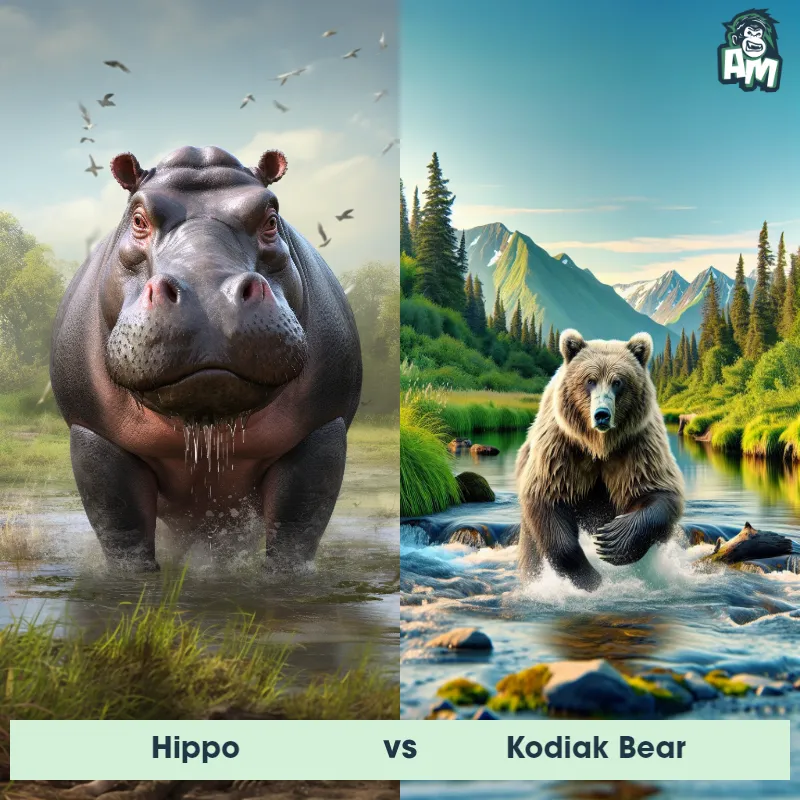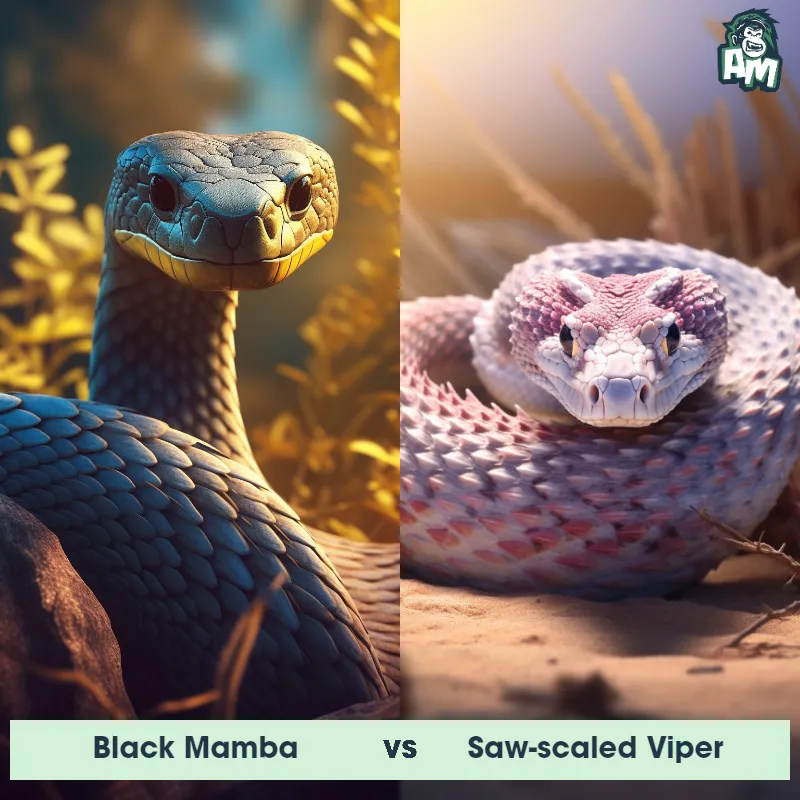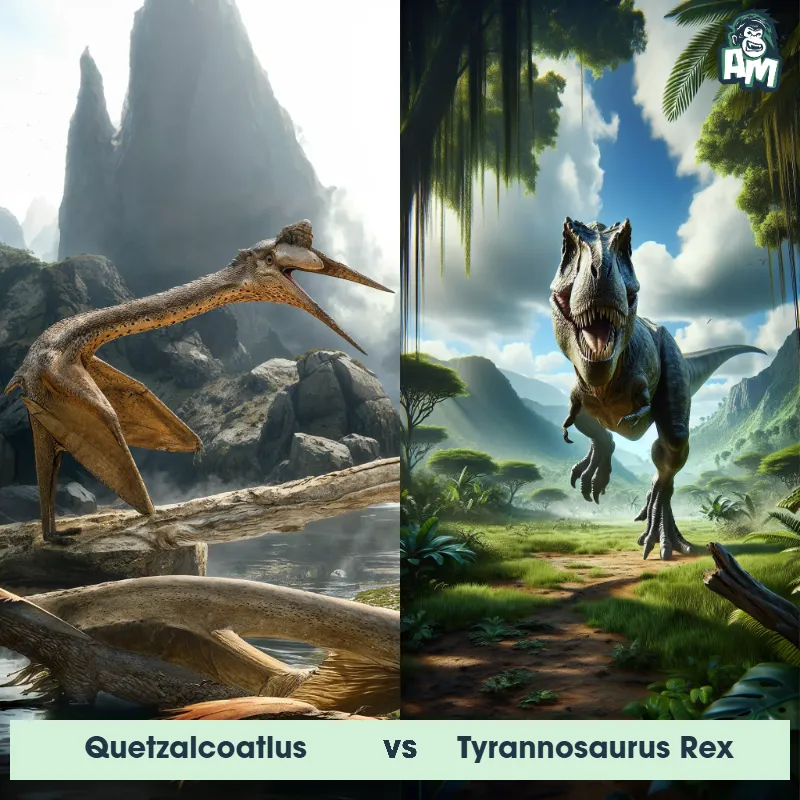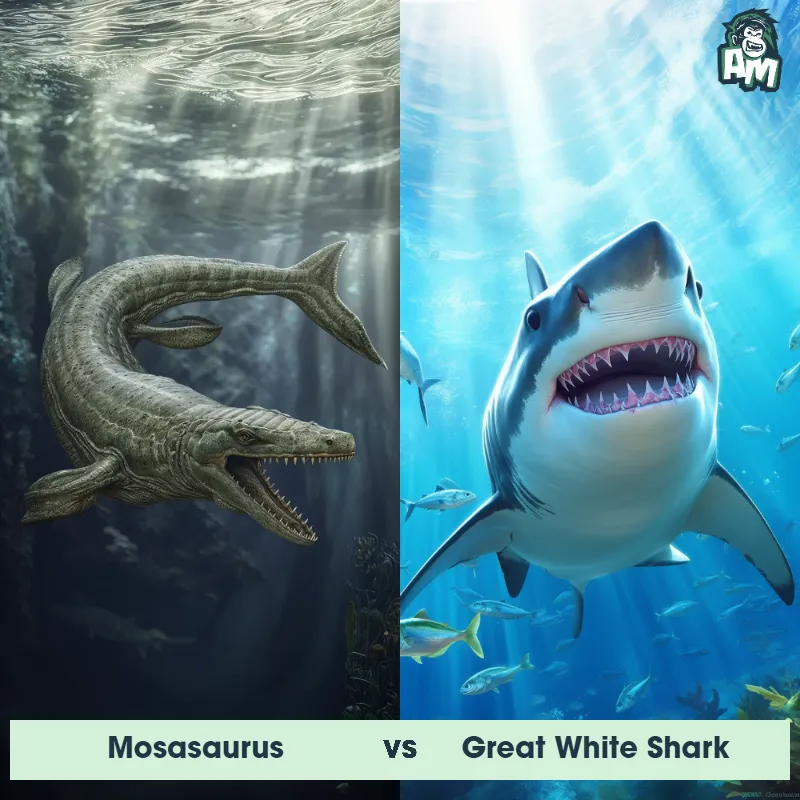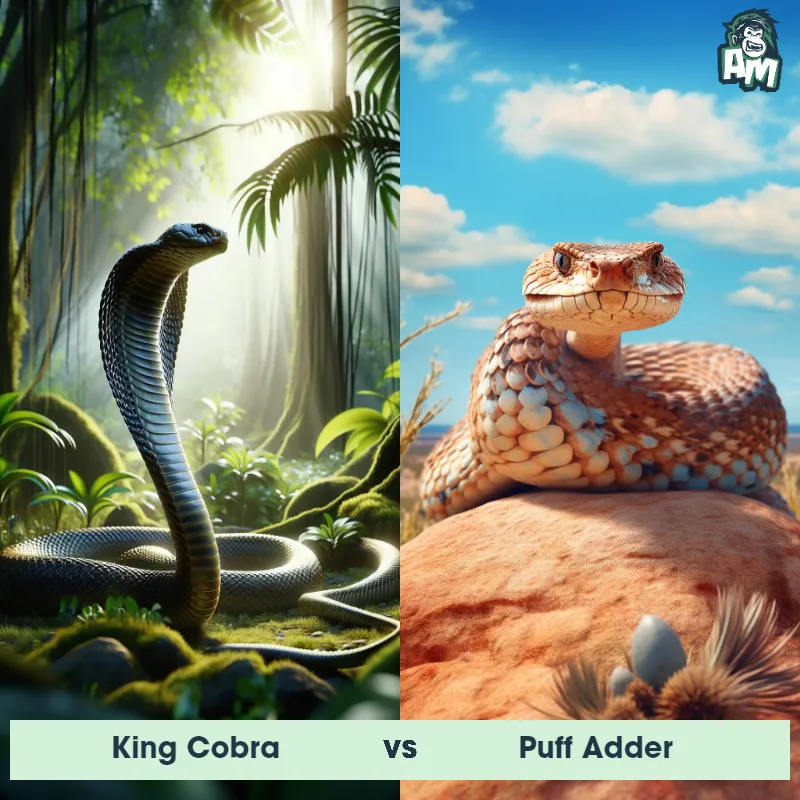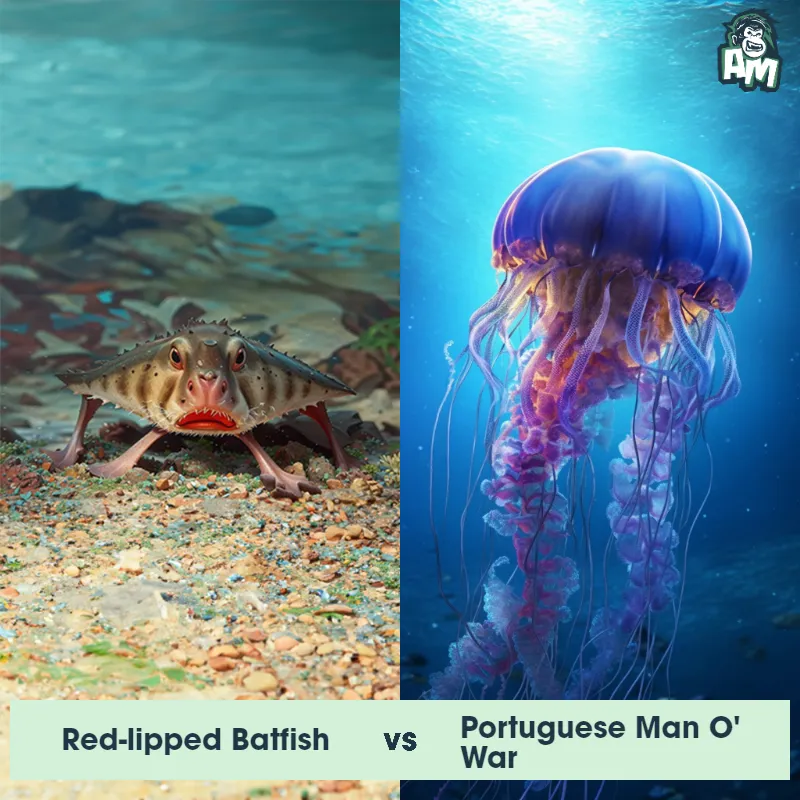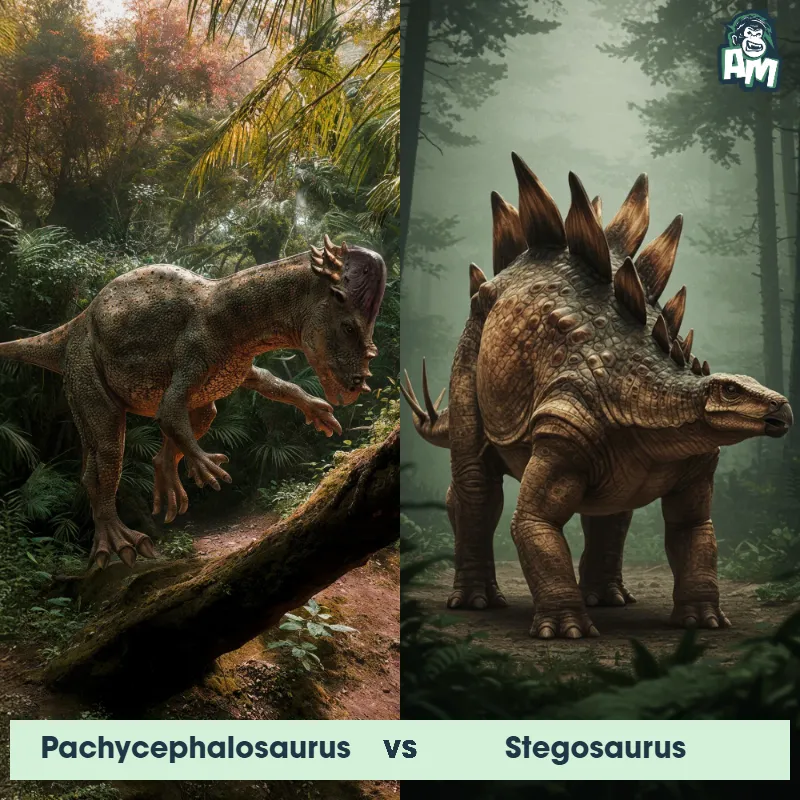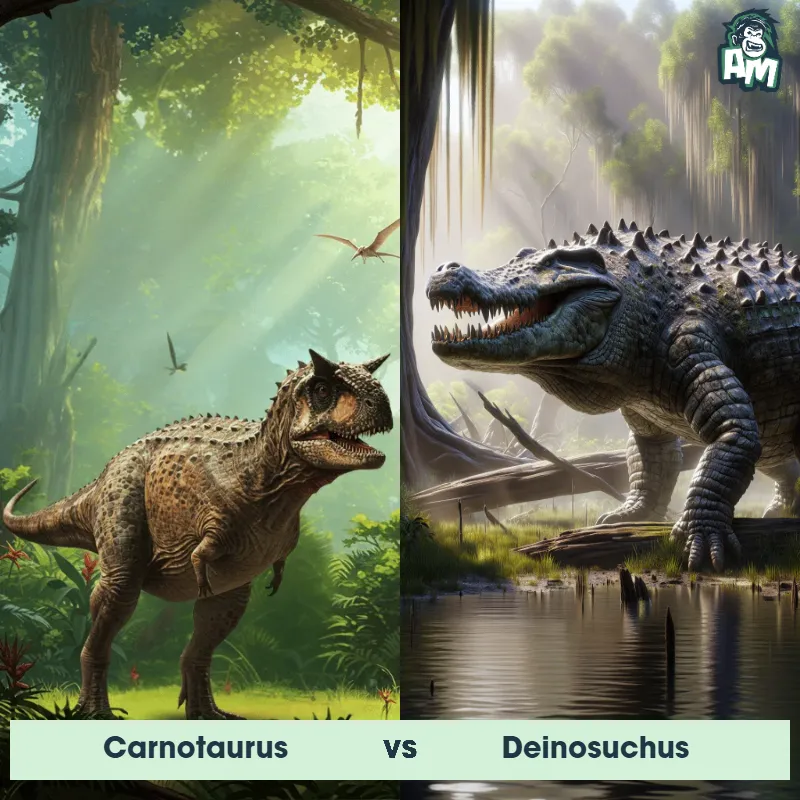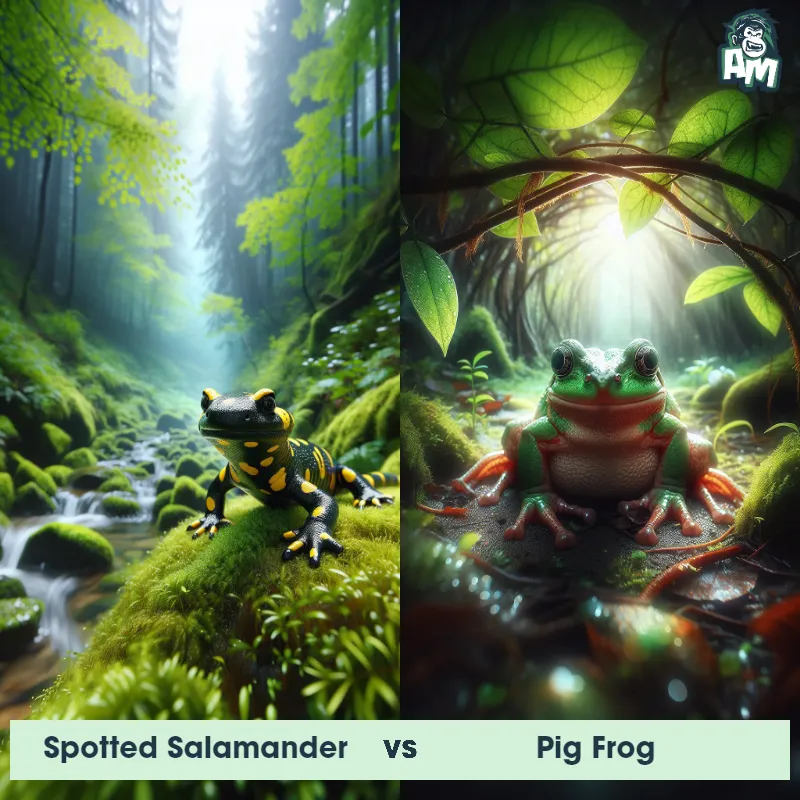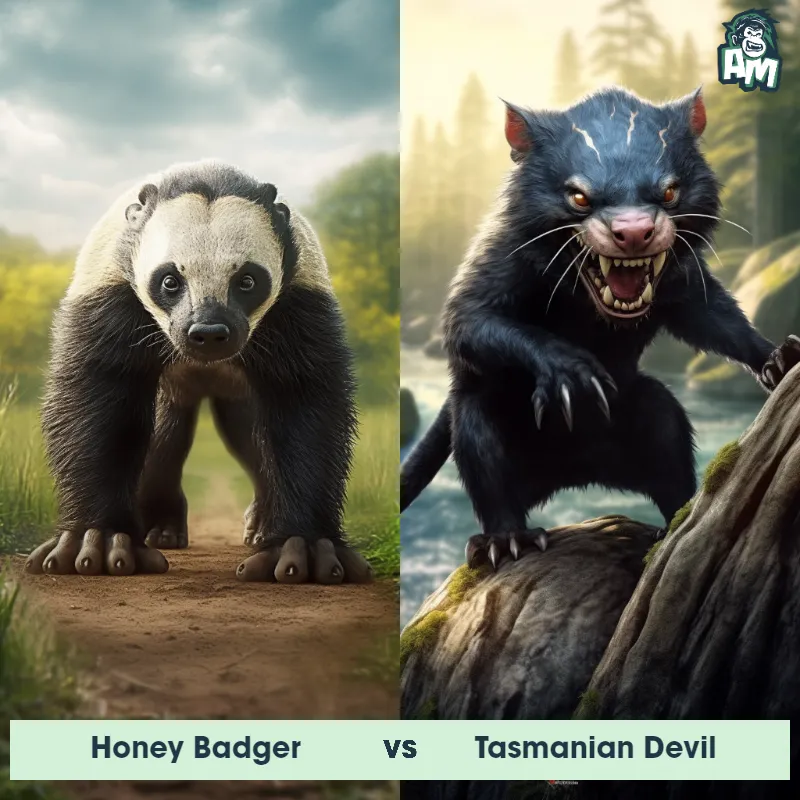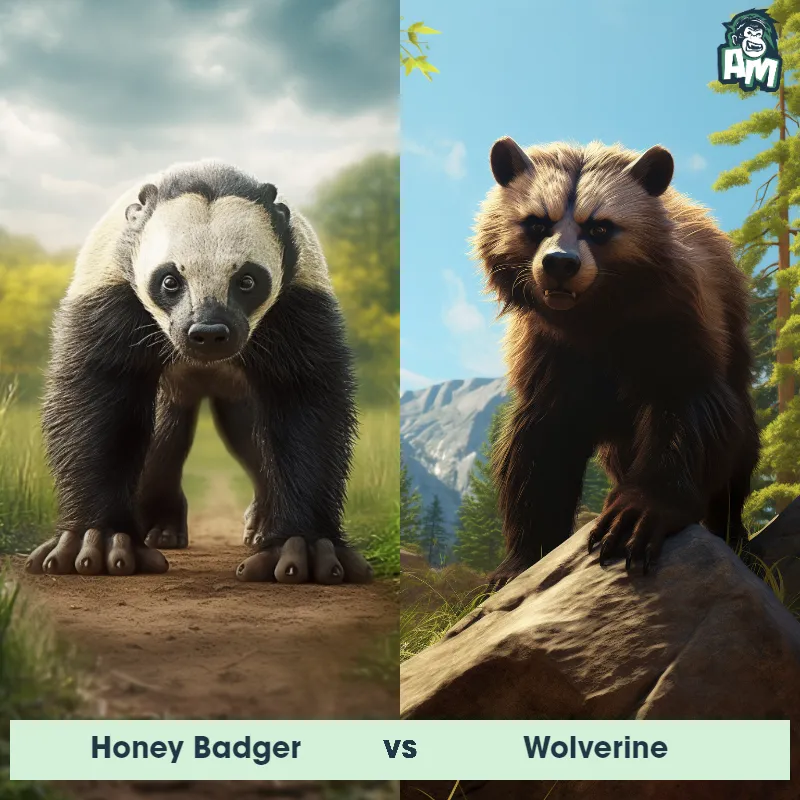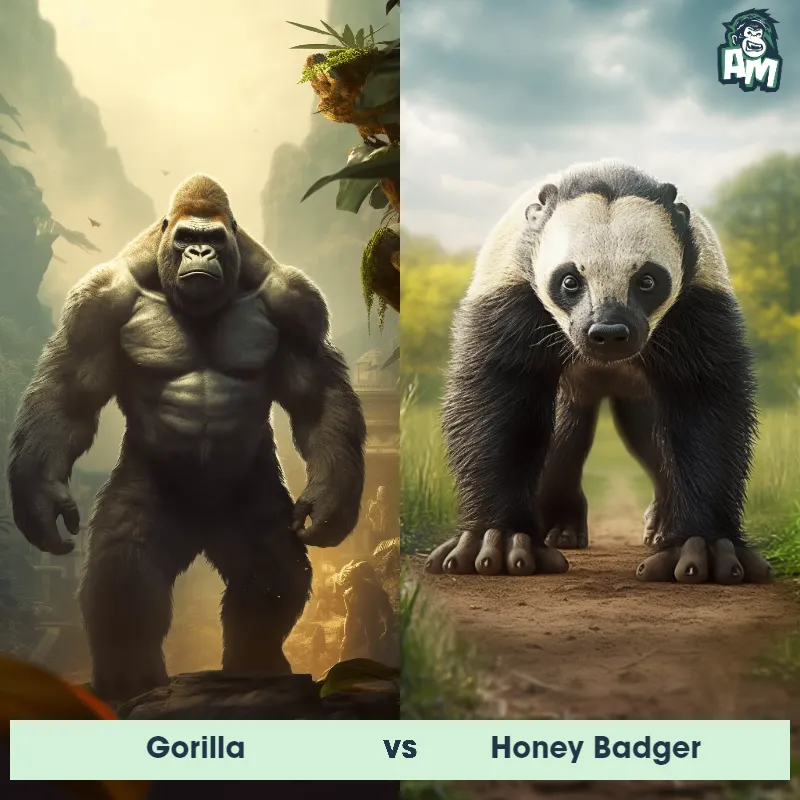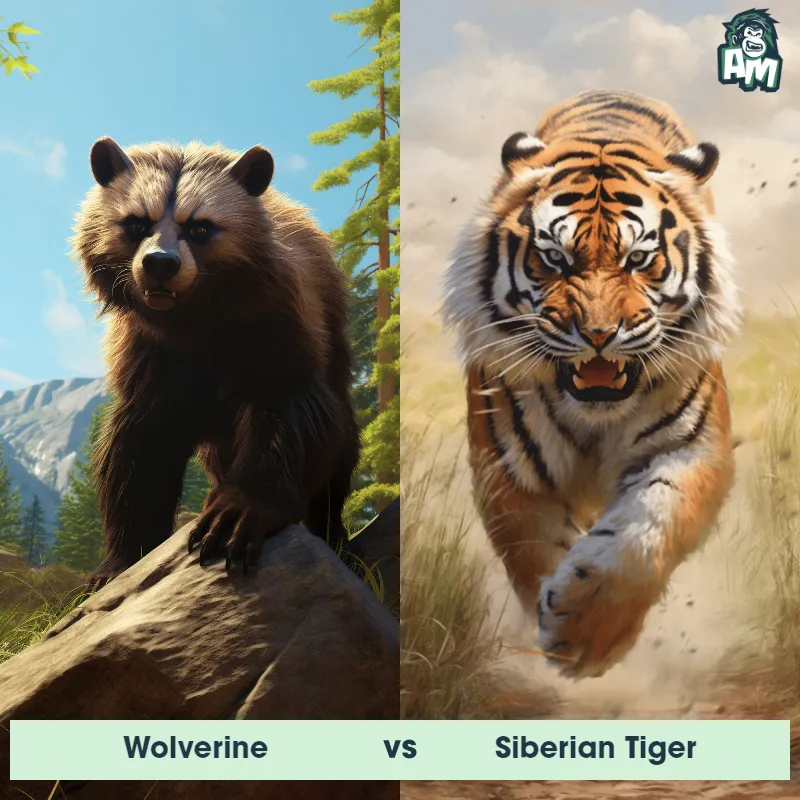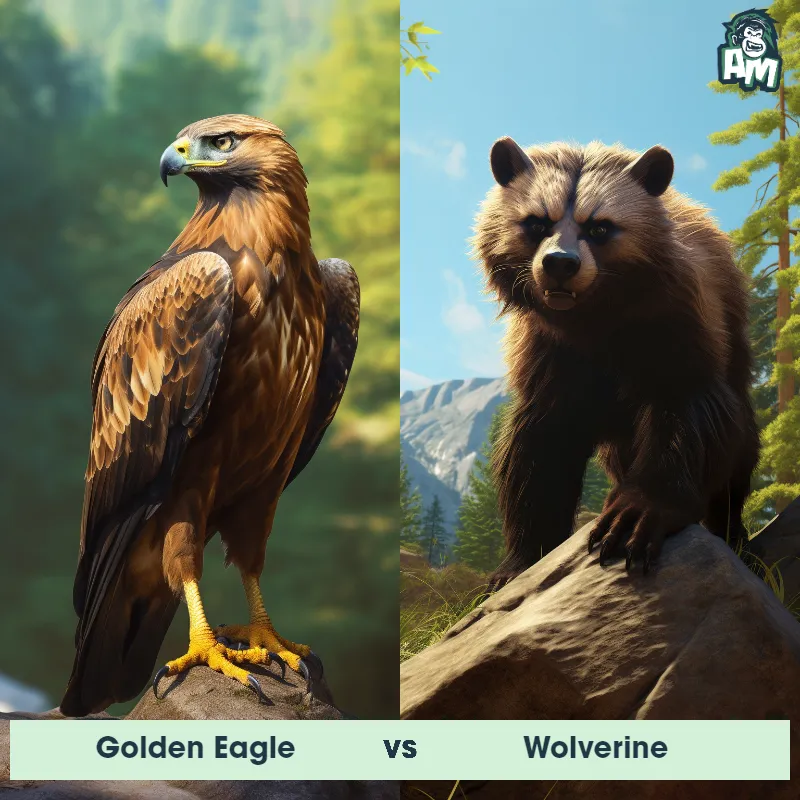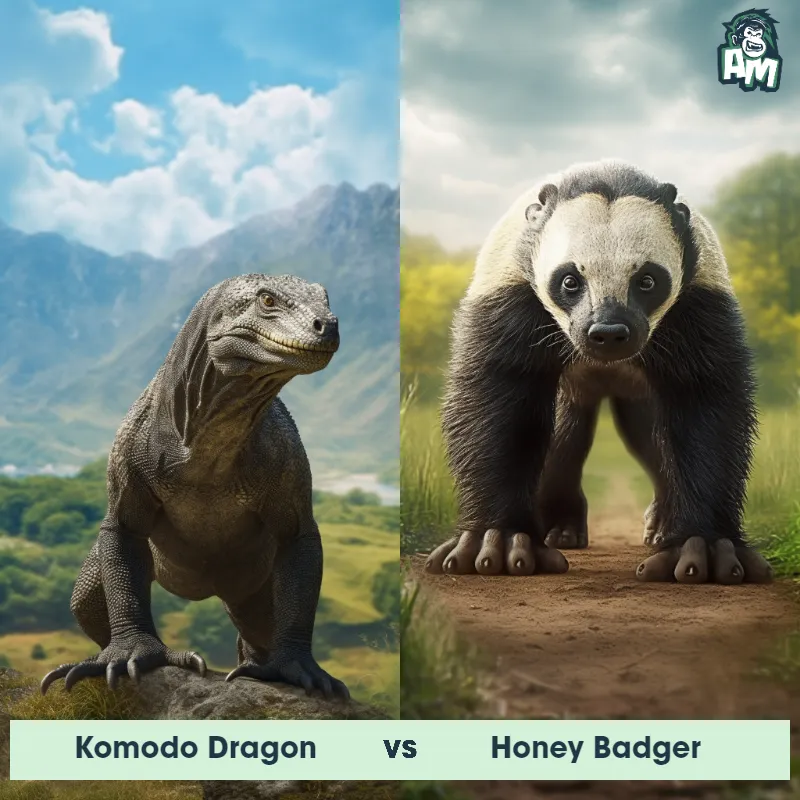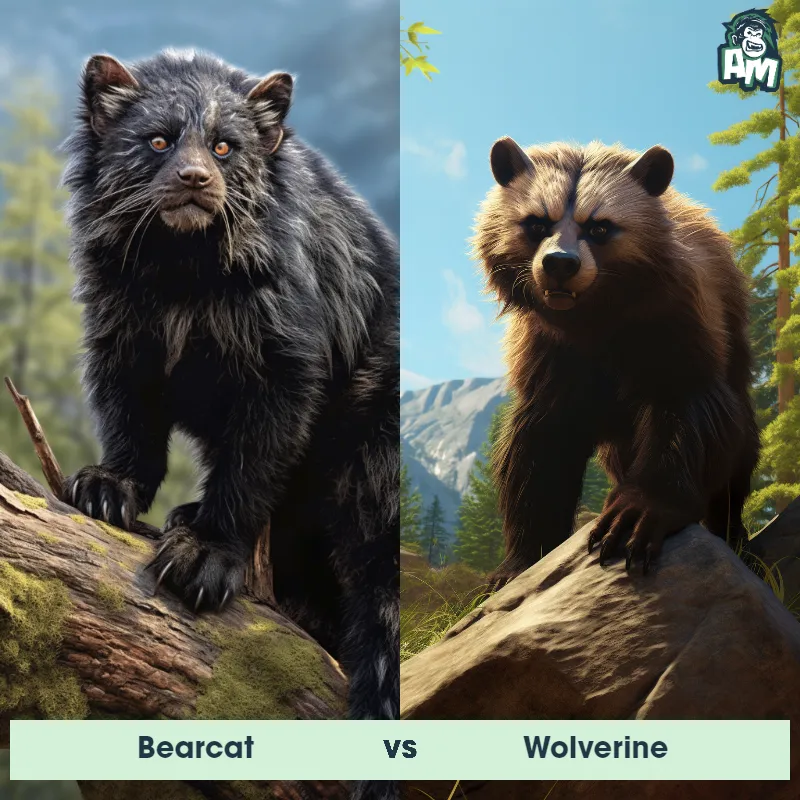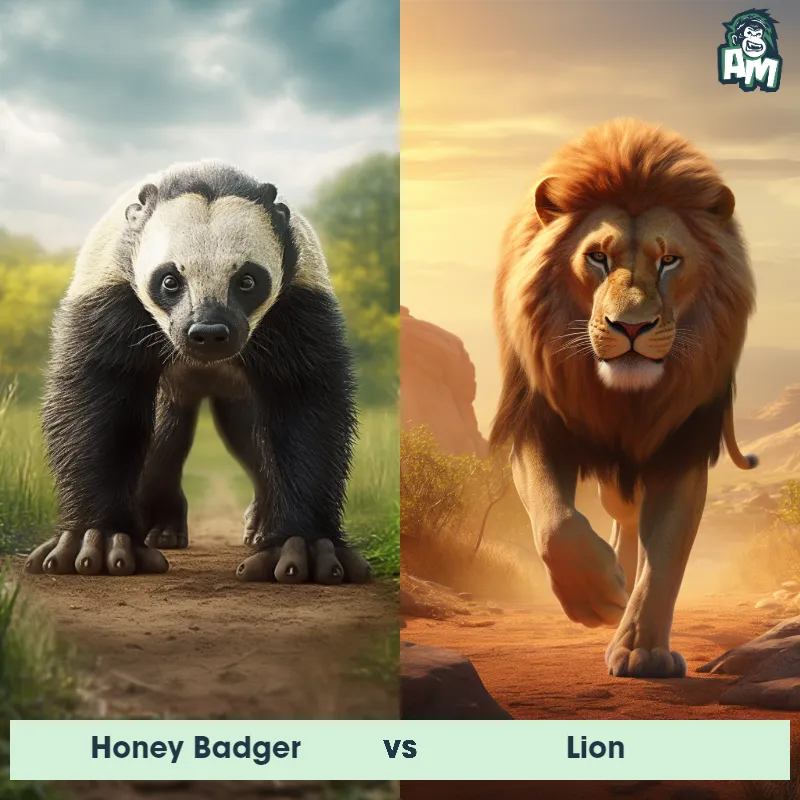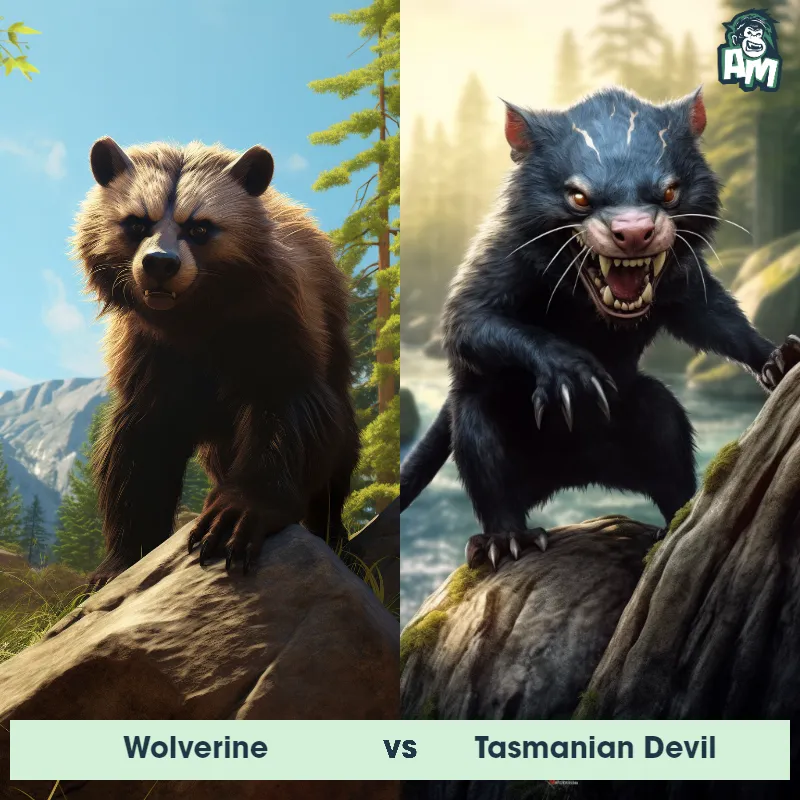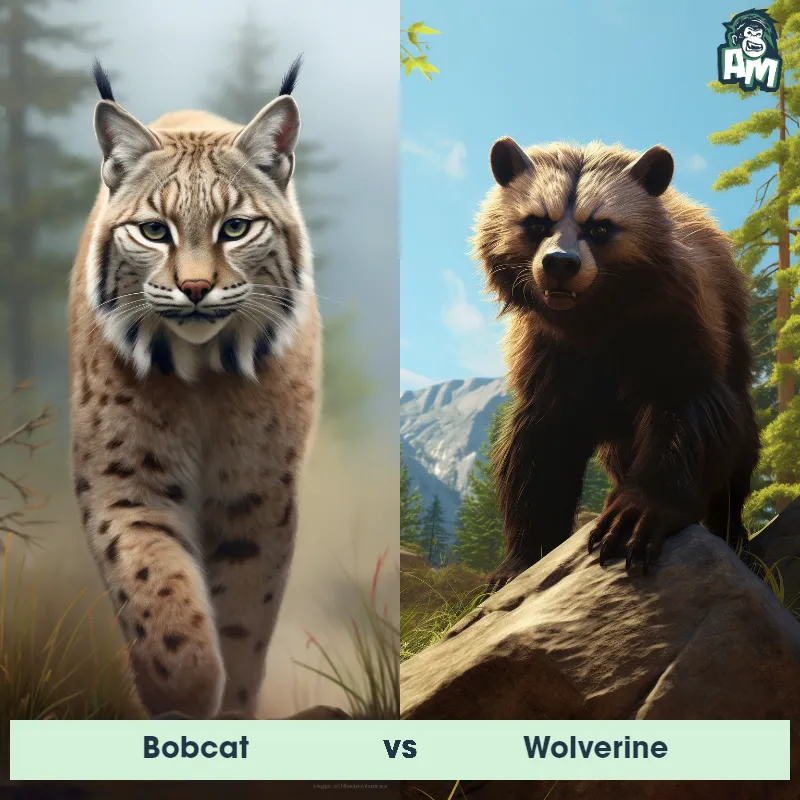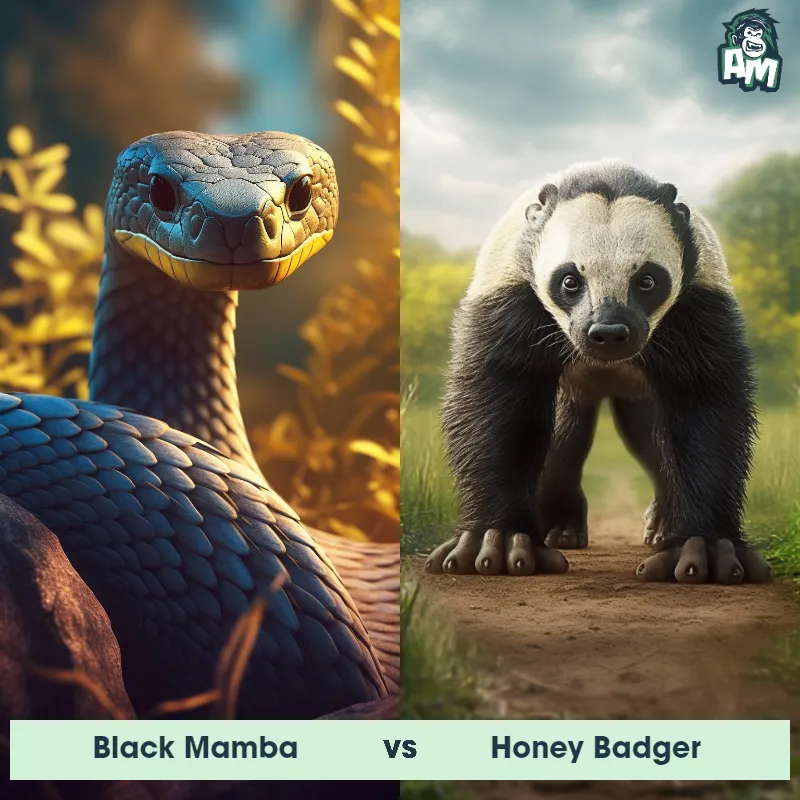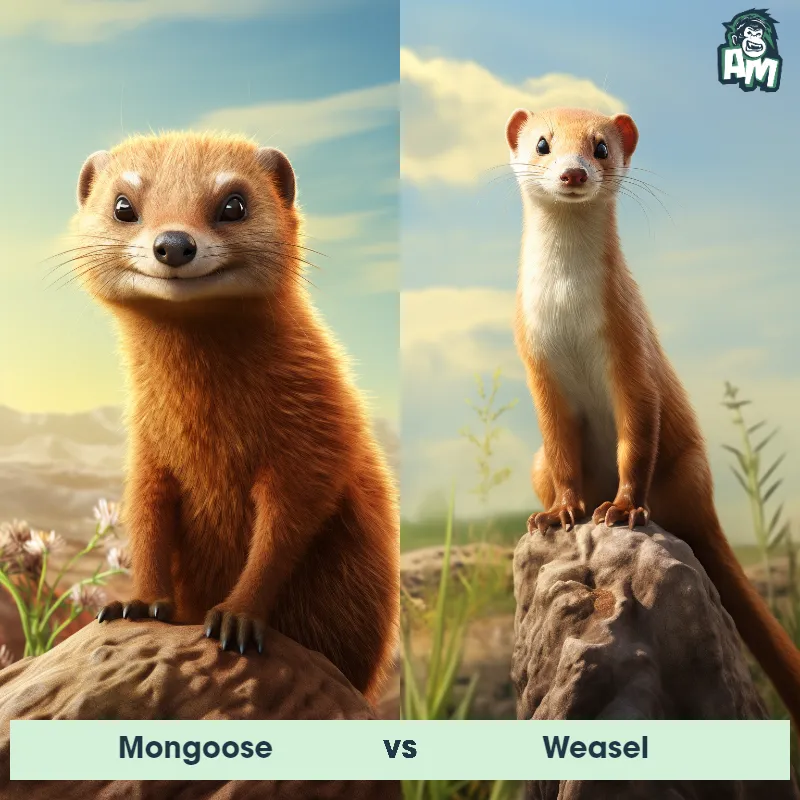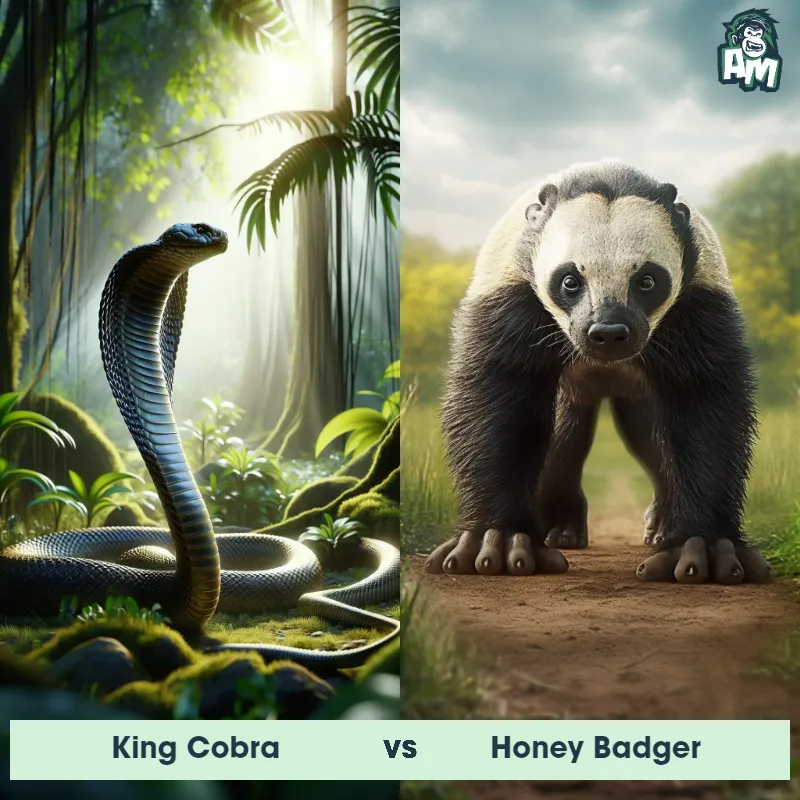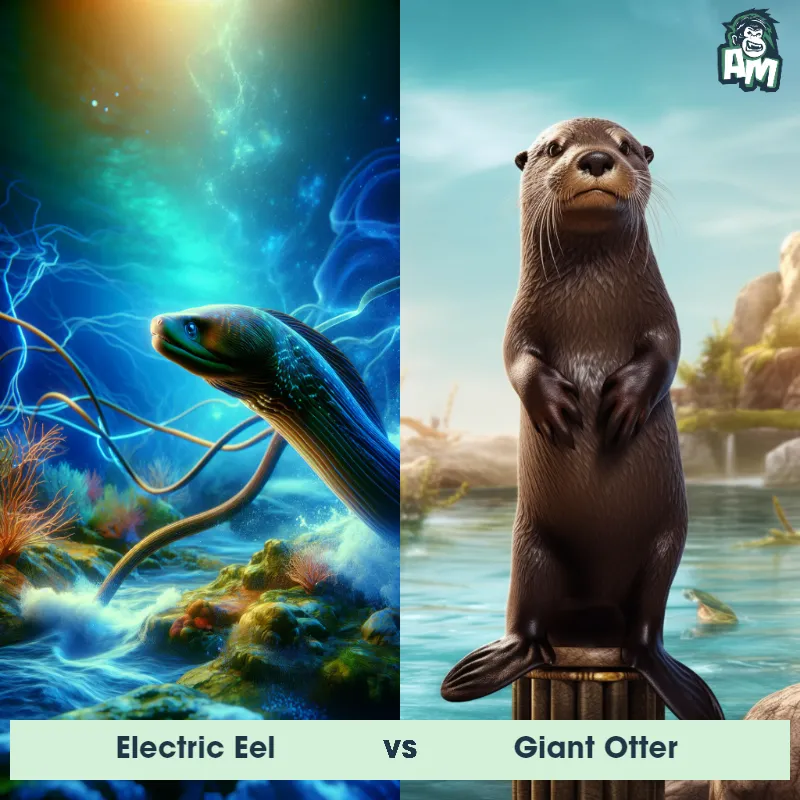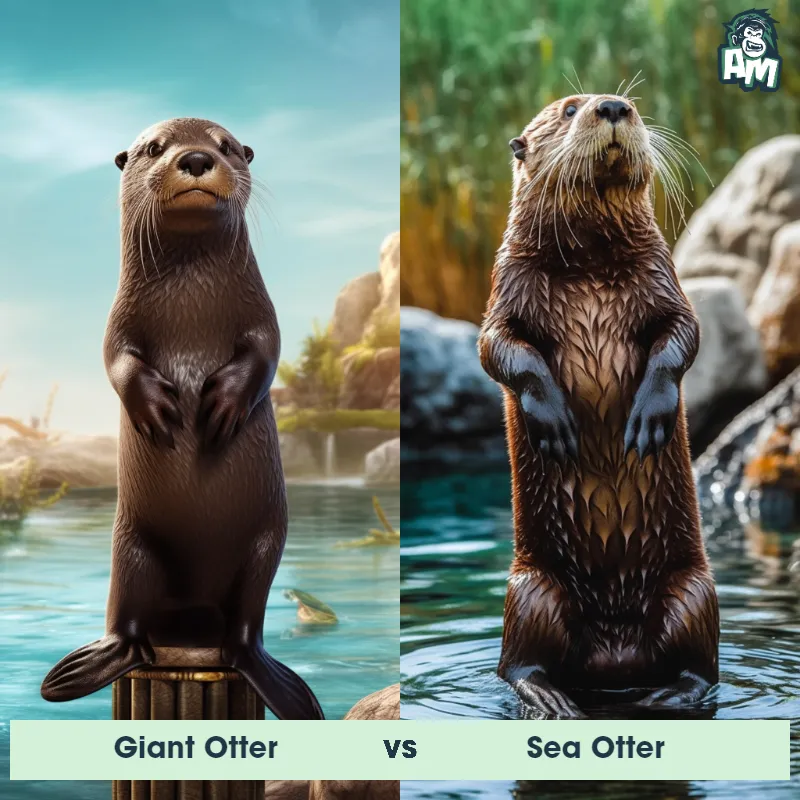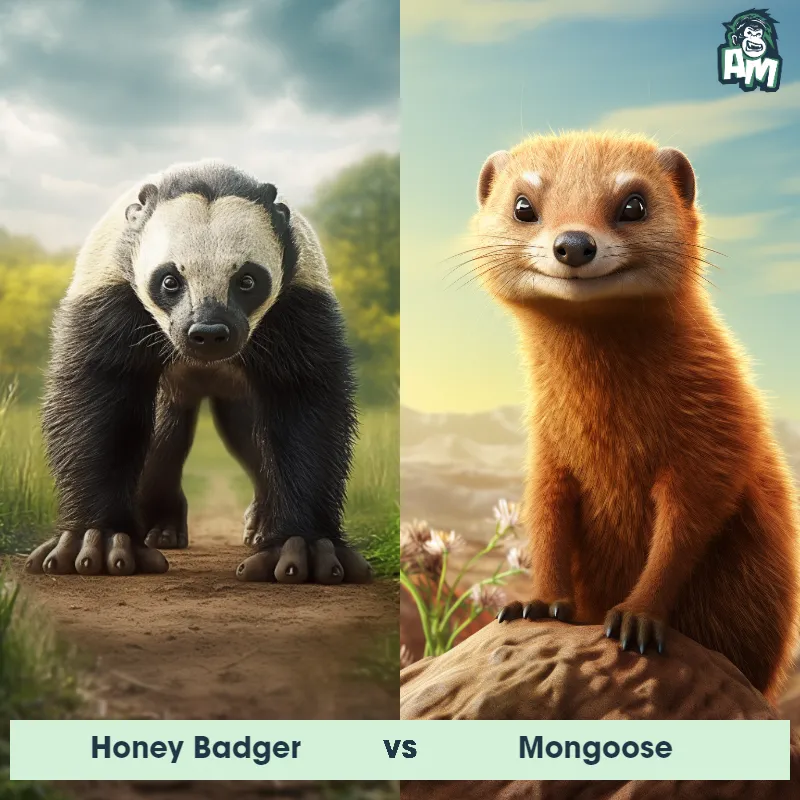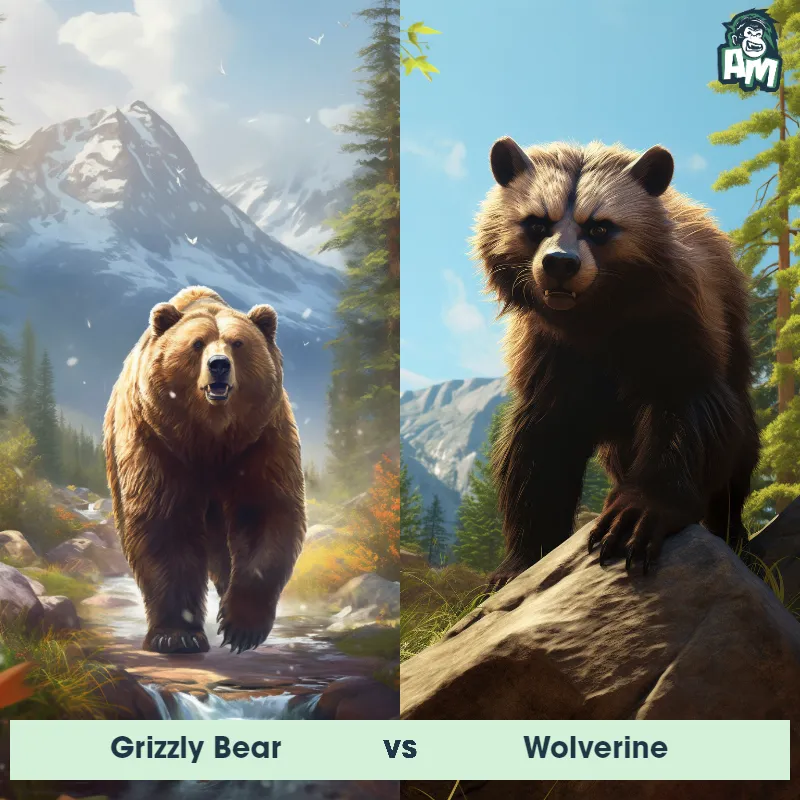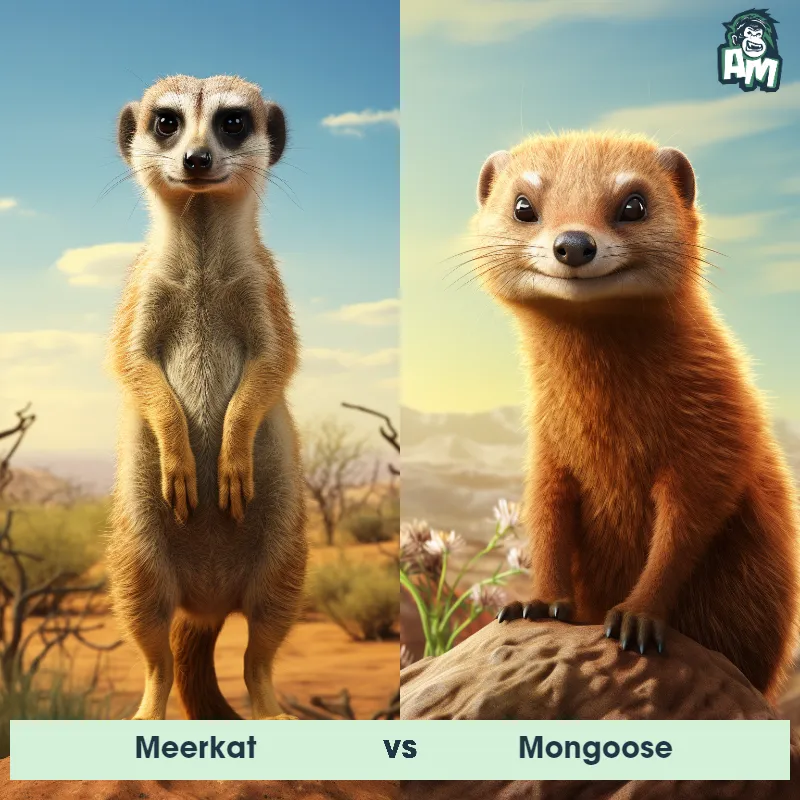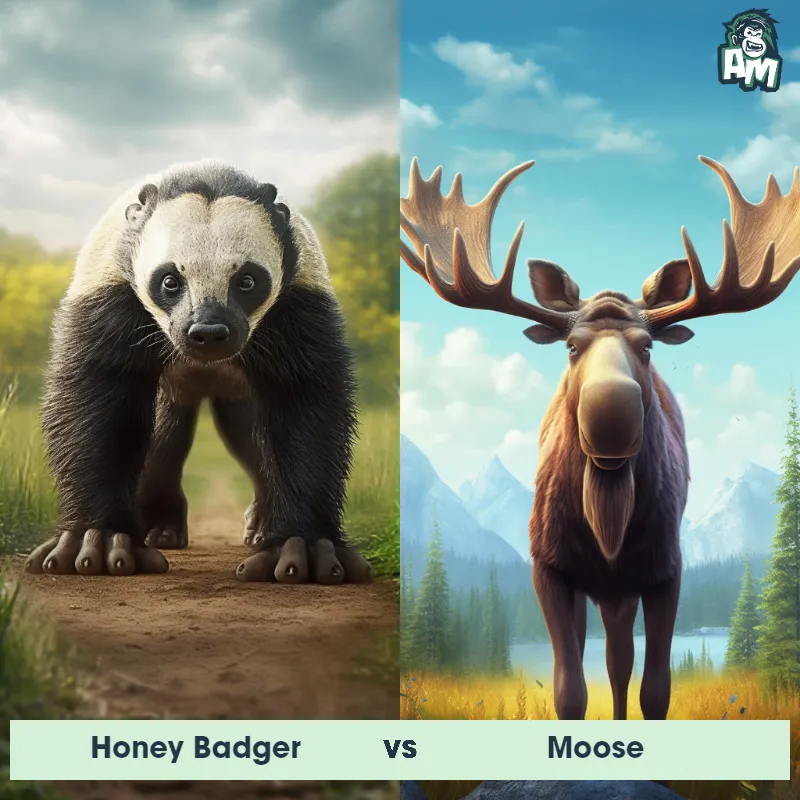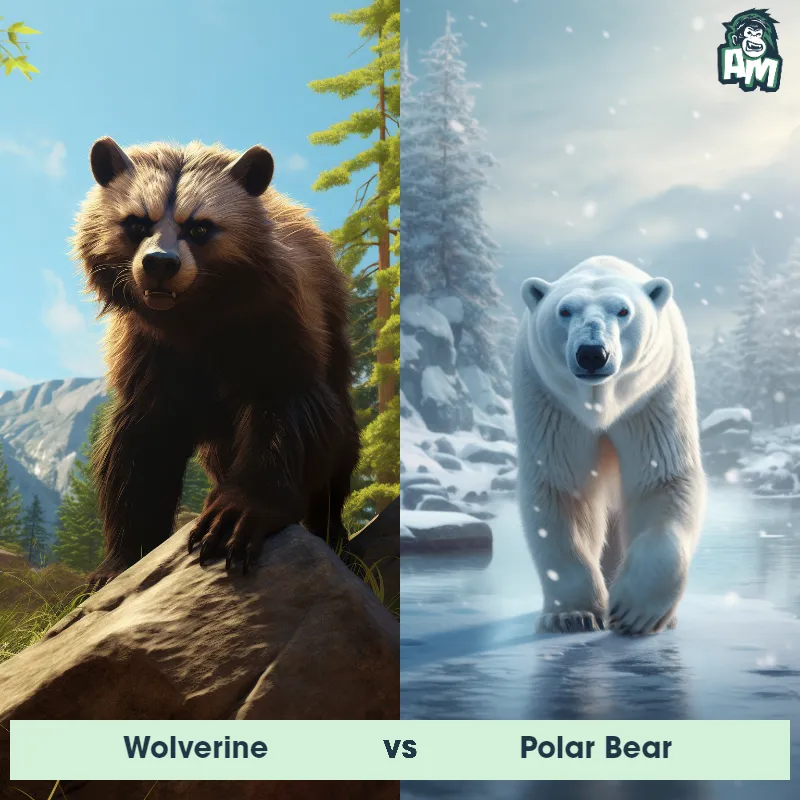Zorilla vs SkunkSee Who Wins
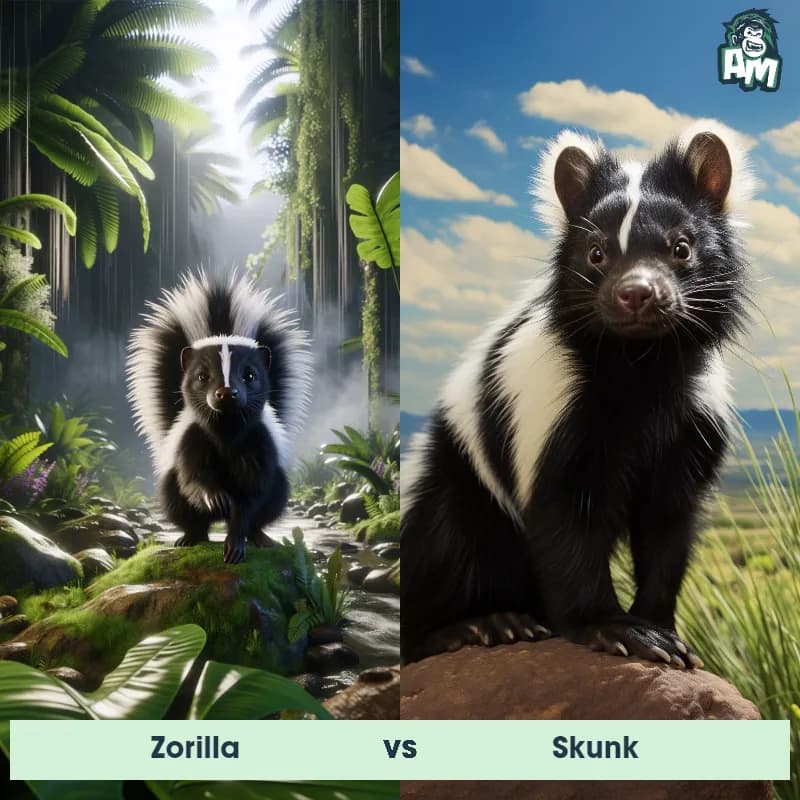
Ladies and gentlemen, welcome to tonight's exciting matchup between a Zorilla and a Skunk! These two fierce competitors are ready to go head to head in the ring, so let's see who comes out on top in this three-round fight.
Contender 1: Zorilla
The Zorilla, commonly known as the African Striped Polecat, is a small mammal belonging to the Mustelidae family. It is primarily found in central and southern Africa. The Zorilla has a slender body with a length of about 40-45 cm and a long fluffy tail. Its fur is black and glossy, adorned with white stripes that run from the neck to the tail. This nocturnal creature has large, rounded ears and small eyes. Zorillas are known for their potent scent glands, which they use to mark their territory and ward off potential predators.
Fun Fact: The Zorilla is famous for its unique defense mechanism - when threatened, it can release a foul-smelling liquid from its anal glands, making it one of the smelliest animals in the world!
Contender 2: Skunk
The skunk is a small to medium-sized mammal best known for its ability to secrete a pungent odor when threatened. Skunks are identifiable by their black fur with a distinctive white stripe that runs down their back and tail. They have a small head, short legs, and a bushy tail. Skunks are omnivores and feed on a varied diet, including insects, small rodents, fruits, and plants.
Fun Fact: Skunks are not as indiscriminate with their spray as people often believe; they can accurately spray their scent at a target up to 10 feet away.
Matchup Stats
| Zorilla | Skunk | |
|---|---|---|
| Size | 40-45 cm (15.7-17.7 inches) in length | 8-19 inches (20-48 cm) |
| Weight | 1-3.3 kg (2.2-7.3 lbs) | 1.1-14 lbs (0.5-6.3 kg) |
| Speed | 26mph (42km/h) | 10mph (16km/h) |
| Key Strength | Agility and speed | Ability to spray a pungent odor |
| Biggest Weakness | Lack of physical strength | Limited spray range (up to 10 feet) |
Current Votes
Zorilla vs Skunk
See Who Wins
View More Matches
Looking For More?
Similar Matches
Scientific Stats
| Zorilla | Skunk | |
|---|---|---|
| Scientific Name | Ictonyx striatus | Mephitidae |
| Family | Mustelidae | Carnivora |
| Habitat | Grasslands, savannas, and open woodlands | Forests, grasslands, and suburban areas |
| Geography | Central and southern Africa | North and South America |
| Diet | Insects, small mammals, reptiles, birds, and eggs | Omnivorous (insects, small rodents, fruits, and plants) |
| Lifespan | 3 years - 5 years | 2 years - 10 years |
Key Differences between Zorilla and Skunk
- Habitat: Zorillas are primarily found in Africa, while Skunks are more commonly found in North and South America.
- Size: The Zorilla is smaller in size compared to the Skunk.
- Behavior: Zorillas are known to be more aggressive and territorial compared to the typically more docile nature of Skunks.
- Odor: Zorillas release a strong musky smell for defense, while Skunks spray an offensive odor as a defense mechanism.
- Tail: The Zorilla has a bushy tail with a white tip, while the Skunk has a more slender tail with a distinctive bushy appearance.
- Color: The Zorilla has a black coat with a white stripe running down its back, while the Skunk typically has black fur with white stripes or spots.



